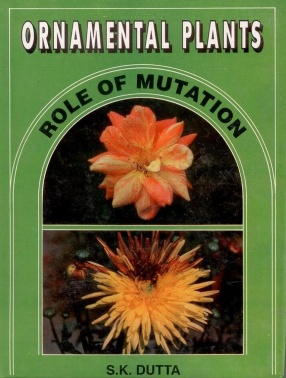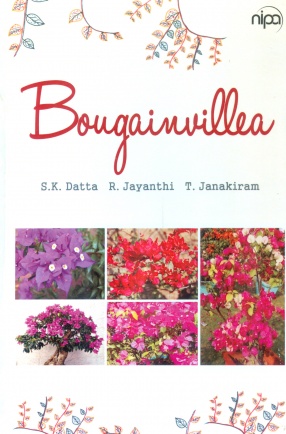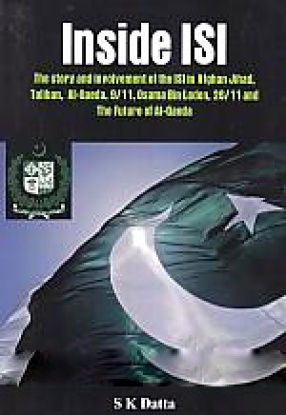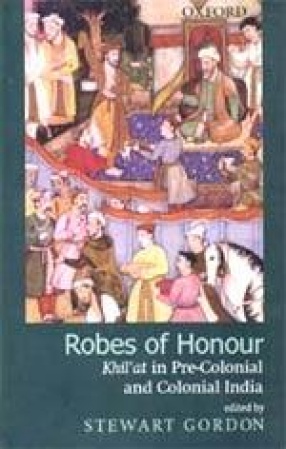SK Datta, IPS, retired as Director of the CBI in 1993, has written his experiences for the benefit of readers, police personnel, politicians, professionals, journalists and also those in spiritual quest as beginners. In his 34-year career, his thinking mind focused on innovative ways.
S K Dutta has listed several instances of what he calls blatant interference in handling politically sensitive cases by different governments.
Most revealing is Dutta’s account of instructions he says he received on the extradition case against Union Carbide chief Warren Anderson from the Prime Minister’s Office (PMO) between 1992 and 1993, when he was Director. Incidentally, barely months ago, the circumstances in which Anderson was let off on bail was the subject of an attack on the CBI and the UPA Government by the Opposition.
Dutta writes: “As Director, I was called to meet the Principal Secretary to the Prime Minister (the late A N Verma, who was Principal Secretary in P V Narasimha Rao’s tenure). He was almost furious and wanted to know why the CBI was proceeding against Anderson, an accused of the Bhopal Gas leak case. He said that by doing so we were preventing foreign investment…I argued that the case was in court and we can do nothing. I was not sure whether he (A N Verma) was acting on his own own or due to political pressure. On return to office I did nothing as I was not hankering after post-retirement assignments or violating rule and law.”
ABOUT THE AUTHOR S.K. Datta
Dr. S.K. Datta obtained his B.Sc. Spl. Hons. (Botany) degree in 1968 and M.Sc. (Botany) with specialization in cytogenetics and plant breeding degree in 1970 from Kalyani University, West Bengal. He started his research carrier in the field of induced mutagenesis for crop improvement at Bose Institute, Kolkata since April 1971 and obtained his Ph.D. degree in 1976 from Calcutta University for his thesis entitled “Cytogenetical studies in Trichosanthes anguina L.â€. Dr. Datta joined National Botanical Research Institute, Lucknow in 1977 and started his further research activities on improvement of different ornamental crops through induced mutagenesis. He has developed more than 80 new varieties in different ornamentals for floriculture trade through induced mutation. He was awarded D.Sc. degree in Botany for his extensive work on ornamentals. Dr. Datta has been associated with several professional societies and committee. Dr. Datta has published over 175 research papers on mutation breeding in National and International journals. He has published one book “Ornamental Plants: role of Mutation†and five Bulletins. He was invited to presents his paper on mutation for the Advancement of Breeding Research in Asia and Oceania (1989); at Vienna, Austria during International Symposium on the contribution of Plant Mutation Breeding to crop improvement, 1990; at Vienna, Austria, during FAO/IAEA International Symposium on the use of induced mutation and molecular techniques for crop improvement, 1995; at Kuala Lumpur, Malaysia, during International Nuclear Conference 2002. Dr. Datta was also deputed to Berlin under CSIR-DAAD Scientists Exchange Programme for two months (1992). Considering the quantum of work done and published literature on induced mutagenesis, International Atomic Energy Agency (IAEA), Vienna selected. Dr. Datta as “Expert on Mission†for evaluation of mutation breeding project sponsored by IAEA to Philippines (October 2001); and Jakarta, Indonesia for project evaluation mission. Dr. Datta is now Deputy Director, Coordinator and Head, Botanic Garden and Floriculture, NBRI and he is working on different aspects related to cytomorphology, in vivo and in vitro induced mutagenesis, conventional breeding, tissue culture, management of chimera, conservation, dehydration of flowers and floral crafts etc. on different ornamentals like Amaryllis, Asiatic Hybrid Lily, Bougainvillea, Chrysanthemum, Dahlia, Gerbera, Marigold, Gladiolus, Hibiscus, rose, tuberose, Lantana depressa, Orchid etc.








There are no reviews yet.